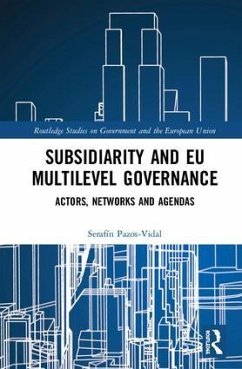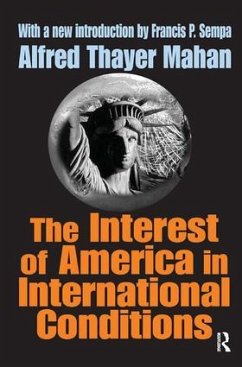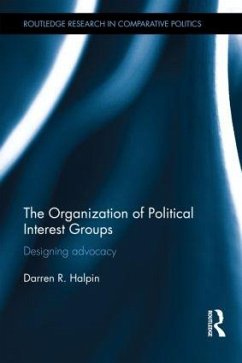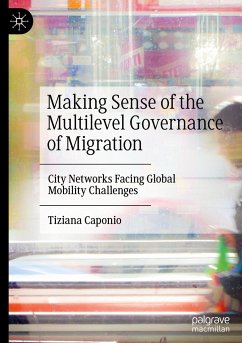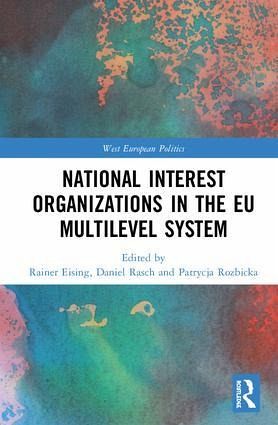
National Interest Organizations in the EU Multilevel System
Versandkostenfrei!
Versandfertig in 1-2 Wochen
168,99 €
inkl. MwSt.
Weitere Ausgaben:

PAYBACK Punkte
84 °P sammeln!
This book focuses on the role of national interest organizations in the EU multilevel polity. The chapters in this book were originally published in a special issue in West European Politics.




